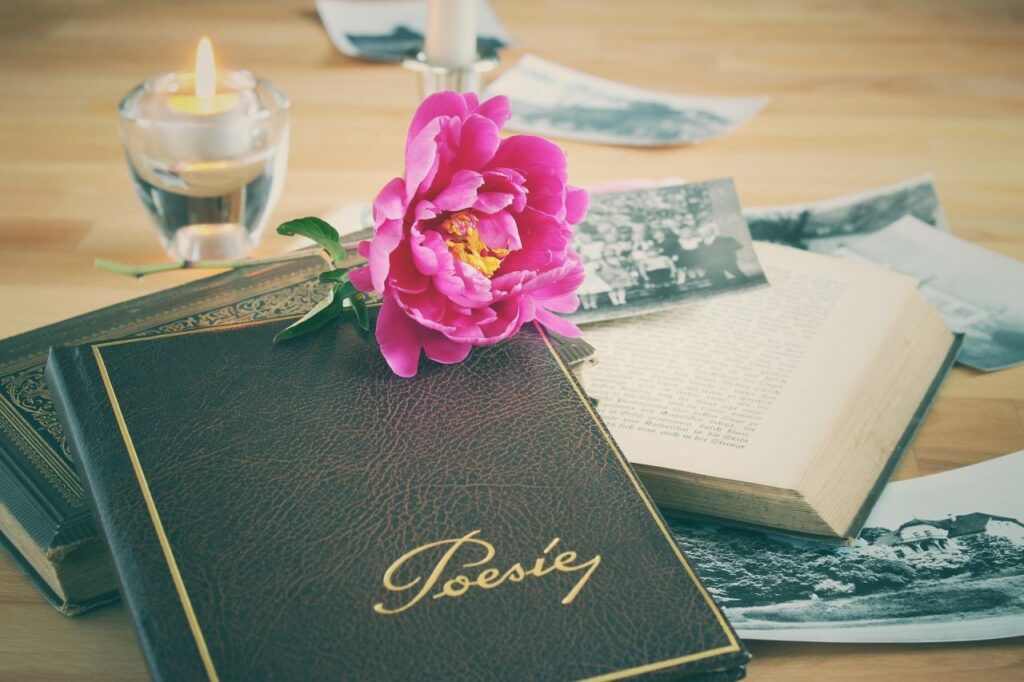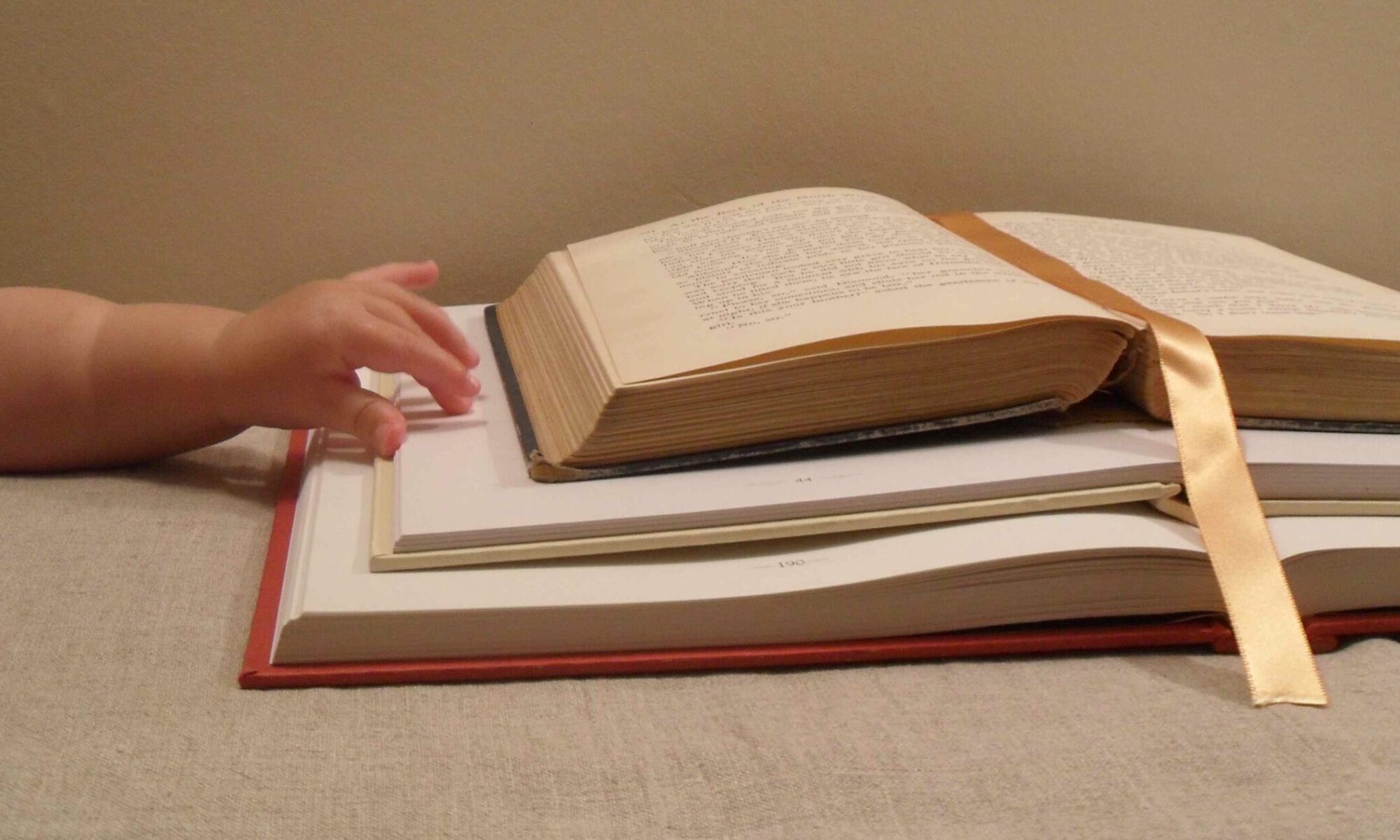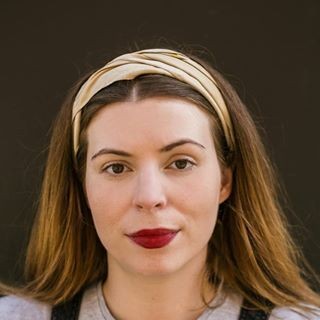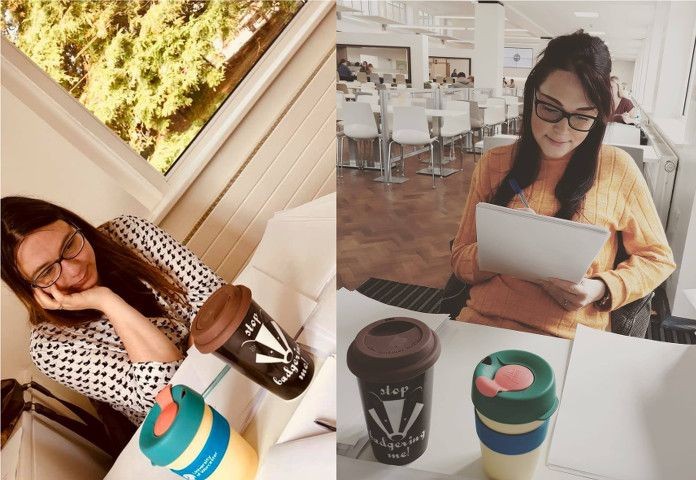
I am delighted to be able to share the results of our 2019/2020 Poetry Prize. Huge thanks to all those who entrusted us with their poetry (I now have a good-sized list of excellent poets I want to keep an eye on!), and many, many thanks to the judges, Ruth Aylett and Beth McDonough for reading, considering and making final decisions. I would have found it really tough to make those final choices as there were many poems that I loved.
Adult category
Winner: Blue Hour by Patricia Brody
Runner-up: Maternity Leave in the Age of Giorgione by Sarah Watkinson
Runner-up: Walk by the Thames by Vicky Morris
Commendeds:
At the Museum by Anna Beattie
Crying the Banns by Maggie Mackay
Plum by Erin Coppin
Children’s category
Winner: I Am The One by Felix Kennedy
Commendeds:
Our Problem by Ayla McKenzie
The Puppy by Orion Conning
*
Judges’ Report
Ruth Aylett and Beth McDonough
There were so many moving, and often clearly autobiographical poems submitted. There was significant sharing of the very personal, which was frequently courageous, and moving. What then, made the winners stand out?
Essentially, although all the poems chosen are very different from one another, what they all share is a commitment not only to their story, but to language and to the discipline of poetry. Those standing out from the others showed evidence of not only writing but of careful reading of poetry. Each of them found an unexpected way into the subject.
The winning entry, ‘Blue Hour’, from the outset, with its oblique title, its shape on the page and typographic inventiveness, invited attention. Those features were far from superfluous, but captured the photographic nature of the poem, as did the use of line breaks… and yes the sharp and quirky language. So many snaps of arresting detail, and every word, and space, earning its place. A very clear winner.
‘Maternity Leave in the Age of Giorgione’ flitted beautifully between the viewed and the viewer, and the strange grasped moment of these times with an infant in sometimes seemingly judgemental interiors. A lovely balance of painted detail, well-considered on the page, and with a pleasing wrap in the final tercet.
Again, an unusual perspective lifted ‘At the Museum’, and also there was a very assured use of language…”One arm hammocks her small orrery” …marvellous. We had great difficulty deciding on the other runner-up place, and ‘At the Museum’ was only edged from it by a hairsbreadth by the following poem, ‘Walk by the Thames’, which came from a different, but equally unpredictable place, and controlled its narrative and pace beautifully in quatrains. What a fabulous final line.
‘Plum’, with its perfect metaphor, and great opening line is a joy. Meanwhile ‘Crying the Banns’ (marvellous title) evokes a bygone Paisley in so few lines… and is wise enough to show much more than it tells.
Selecting the Children’s winners was in a way rather harder, but‘I Am The One’stood out for its boldness and chant-like qualities and confidence. What a mission statement! A clever acrostic in ‘Our Problem’ tied up a very topical poem, and ‘The Puppy’ played with a great deal of rhyme in a way that mirrored the subject matter.
However, well done to each and every entrant.
Blue Hour
She is photographing this moment. If she could
CLICK! 7:00 cloud-swirl
feathered lobsters (who forgive humans their huge hunger?)
The family lies on sand under Down East’s bowl
the sun an ice-pop flare nestling the pines.
She is reading Aurora Leigh,
her son, the Iliad, her daughter, Holden Caulfield.
They come at close of day to Little Tunk
(the lake)
of course like glass, which speaks:
In seven days the son’s moving away.
(this suckled life)
Balsam dusk. The mountain cools to black.
Schoodic Head in smoke across the water.
To their right, last slant-of-sun — — reeds with golden frogs.
Running to catch one, the little sis calls Zak, Zak!
Help me!
He won’t get up now. Must finish book
before next week. ZAK! She wails, her Speedo suit
a flame in the bulrushes, blue.
≈ ≈
PATRICIA BRODY
*
I Am The One
I am the one who lights up darkness
I wonder what the world could be
I hear the sound that grows in darkness
I see what is right and wrong
I want what cannot happen
I am the one who lights up darkness
I pretend that everything’s all right
I feel the success of my future
I touch the living things that are sore
I worry for the people who get bullied
I cry when friendships die
I am the one who lights up darkness
I understand that not everything is perfect
I say don’t run when you can’t conquer bullies
I try to make the perfect image
I am the one who lights up darkness
FELIX KENNEDY (age 10)


